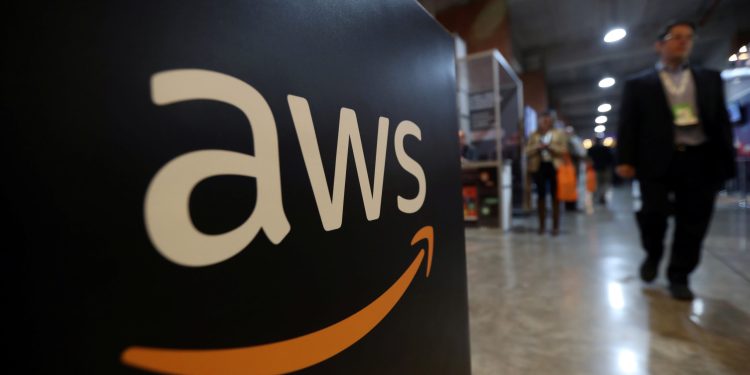Amazon Web Services (AWS) recently announced its decision to accept payments in Naira, a move that could reshape Nigeria’s tech ecosystem. For years, startups and SMEs in Nigeria have grappled with the financial strain of dollar-denominated cloud services. The steep devaluation of the Naira since 2023 exacerbated this challenge, with costs more than doubling in less than two years. This decision by AWS, while overdue, could signal a turning point for cloud adoption in Nigeria—but it’s not without its caveats.
A Step in the Right Direction
For Nigerian businesses, especially startups, this is a breath of fresh air. The local tech ecosystem relies heavily on cloud services for infrastructure, and the rising costs have been a major hurdle for growth. Imagine a startup budgeting ₦700,000 for a $1,000 service in 2023, only to face a ₦1.5 million bill for the same service today. AWS’s move to accept Naira directly eases this burden and opens the door for more businesses to explore its platform.
But let’s not celebrate too quickly. While paying in Naira is convenient, it doesn’t necessarily mean costs will be more affordable. If AWS maintains its dollar-based pricing structure and merely converts to Naira at the prevailing exchange rate, businesses will still feel the pinch.
READ ALSO: Amazon Web Services opens office in Lagos, Nigeria
The Local Competition Advantage
AWS’s decision underscores a key lesson: local solutions matter. Players like MTN Business Cloud Services, Okra, Nobus Cloud, and Layer3 have been ahead of the curve, offering localized, affordable services tailored to Nigeria’s unique challenges. They’ve successfully turned FX volatility into an opportunity, building trust and loyalty among SMEs.
AWS may dominate the global cloud market, but its late entry into localized payments shows a gap that local providers have exploited well. If AWS wants to truly compete in Nigeria, it must go beyond Naira payments and explore pricing models that reflect the realities of this market.
The Bigger Picture: Economic Impact
Cloud computing is no longer a luxury; it’s a necessity for businesses looking to scale. According to a report by Telecom Advisory Services LLC, cloud adoption could contribute a staggering $38.2 billion (₦30.2 trillion) to Nigeria’s economy by 2033. This potential isn’t just theoretical—it’s a call to action for both global and local providers to make cloud services more accessible.
AWS’s move could inspire other global tech giants to follow suit, making Nigeria an even more attractive hub for tech investment. But it also places the onus on local players to innovate and maintain their edge.
My Prediction
In the short term, AWS’s Naira payments will likely boost its adoption among Nigerian startups, especially those already familiar with its ecosystem. However, if AWS fails to address pricing concerns, it risks losing ground to local providers who offer more cost-effective solutions.
In the long run, this move could spark a shift in how global tech companies approach African markets. Nigeria’s tech ecosystem is vibrant and resilient, but it needs partnerships that recognize its economic realities. AWS has taken a step in the right direction, but the journey to meaningful impact has just begun.
Final Thoughts
AWS’s decision to accept Naira payments is more than a business strategy; it’s a recognition of Nigeria’s potential as a tech powerhouse. However, for this move to truly transform the ecosystem, affordability and accessibility must take center stage. Local providers have shown that it’s possible to thrive by understanding the market deeply. If AWS and other global players can learn this lesson, Nigeria’s tech future could be brighter than we imagine.
The race is on—who will lead the charge in shaping the future of cloud services in Nigeria? Only time will tell.

































